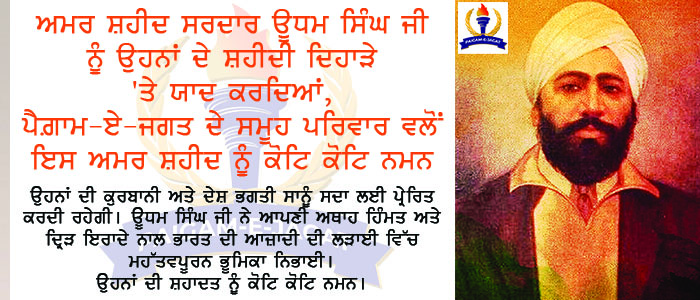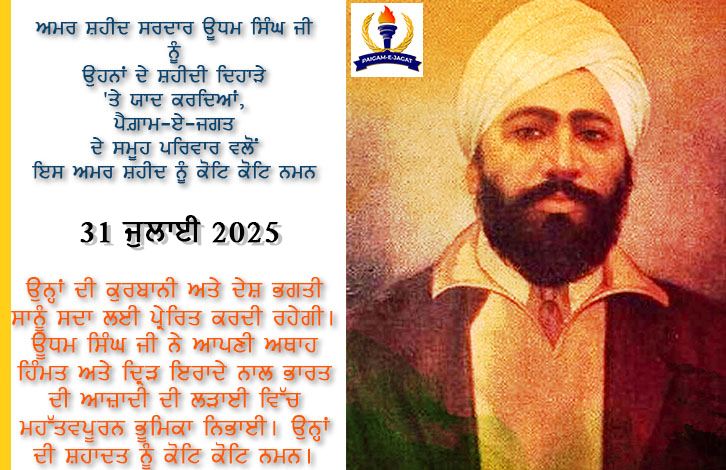The Commitment: Necessary for Shaping Our Lives and Society
Commitment is the foundation of trust, responsibility, and progress. Whether in personal life, professional endeavors, societal contributions, or national service, commitment plays a crucial role in shaping the world around us. It’s the dedication to a cause, promise, or relationship, and it often requires sacrifice, perseverance, and integrity. Throughout history, commitment has led to transformative change, and in everyday life, it builds strong relationships and communities.
Commitment is the foundation of trust, responsibility, and progress. Whether in personal life, professional endeavors, societal contributions, or national service, commitment plays a crucial role in shaping the world around us. It’s the dedication to a cause, promise, or relationship, and it often requires sacrifice, perseverance, and integrity. Throughout history, commitment has led to transformative change, and in everyday life, it builds strong relationships and communities.
One of the most iconic historical examples of commitment is Mahatma Gandhi's dedication to nonviolent resistance during India’s fight for independence. Gandhi’s steadfast commitment to nonviolence, even in the face of personal suffering and political resistance, became a central philosophy that inspired movements worldwide. His personal sacrifice, including years in prison, highlighted how commitment to a cause could lead to national transformation.
Similarly, Winston Churchill’s unwavering commitment during World War II rallied Britain to resist Nazi occupation. Churchill’s commitment to stand firm and never surrender, even when Britain stood alone against the Axis powers, was critical in the eventual victory over Nazi Germany. His leadership exemplified the power of national commitment during times of crisis.
In personal life, commitments are seen in our relationships with family, our professions, and our communities. Parents, for example, make lifelong commitments to their children—providing care, guidance, and support. A mother who sacrifices personal time to ensure her children’s well-being or a father who works long hours to provide for the family demonstrates a deep commitment that shapes the family’s future.
Professionally, people make commitments to their careers and workplaces. A teacher dedicating extra time to help struggling students or a doctor working tirelessly to save lives, despite personal challenges, shows the dedication that often goes beyond a paycheck. These commitments help build trust and improve the lives of others, fostering a sense of purpose.
On a national scale, citizens make commitments to uphold the values of their countries. Throughout history, many have shown commitment through military service or advocating for justice and equality. The Civil Rights Movement in the United States saw individuals like Martin Luther King Jr. dedicating their lives to securing equal rights for all, showing that a commitment to justice can change the fabric of a nation.
Conclusion
Commitment's—whether to family, profession, society, or nation—are integral to shaping who we are and what we contribute to the world. They require perseverance, sacrifice, and integrity, and their impact resonates across generations. Whether in everyday life or on the world stage, commitment is the force that drives progress, strengthens relationships, and builds a better future.




















